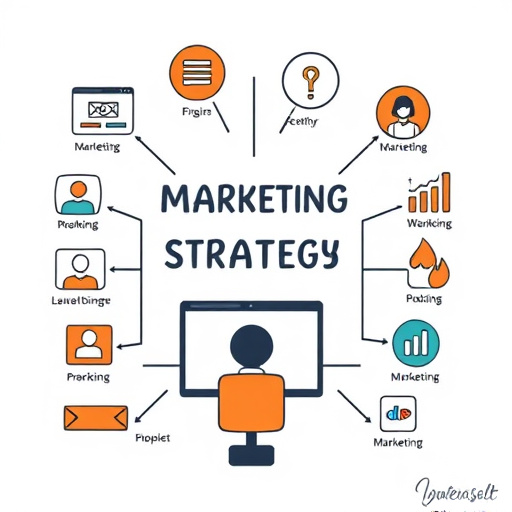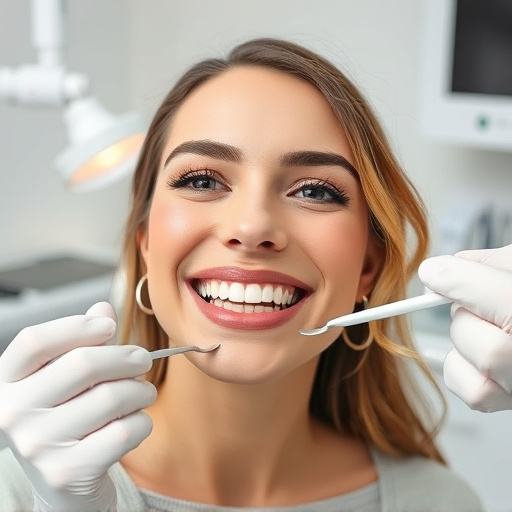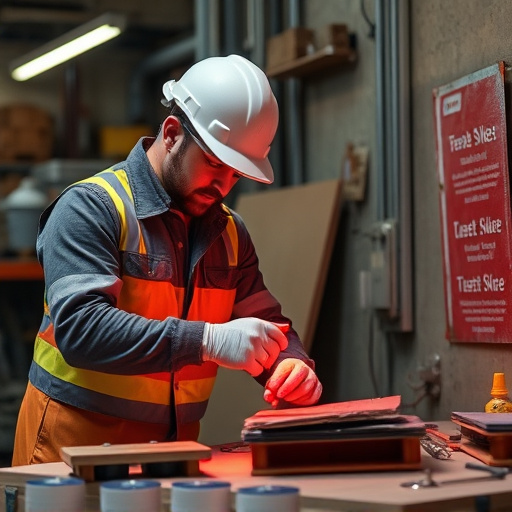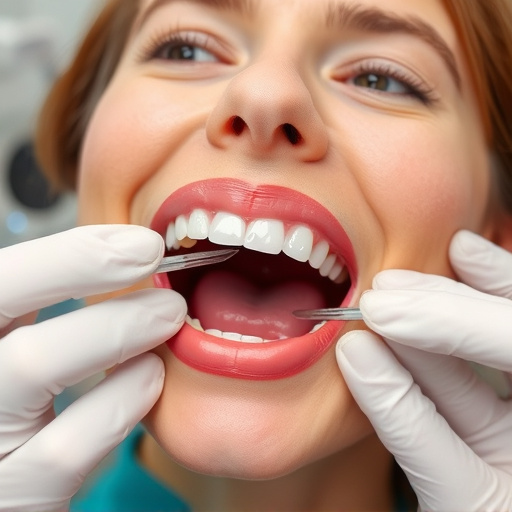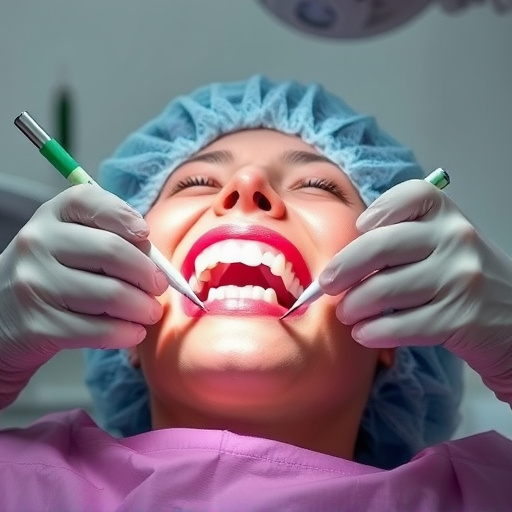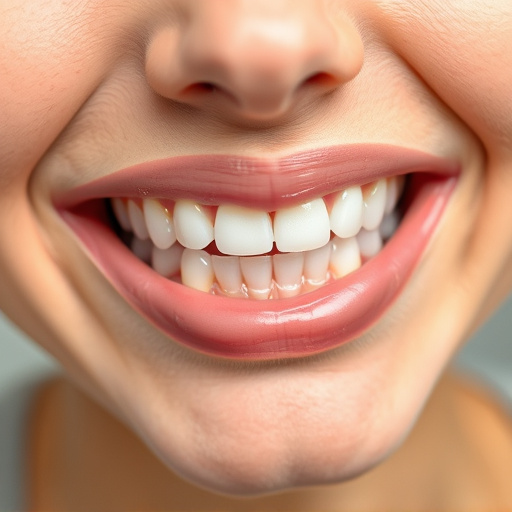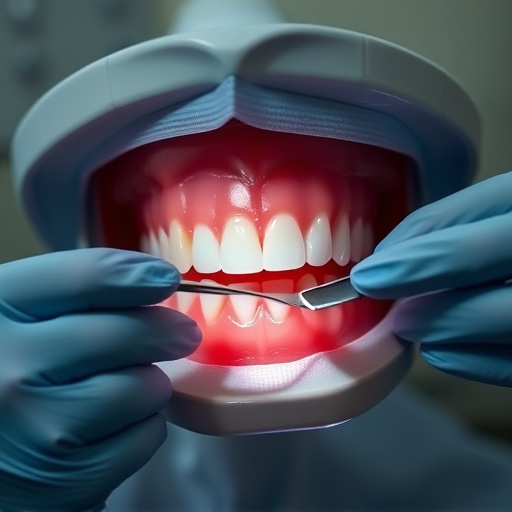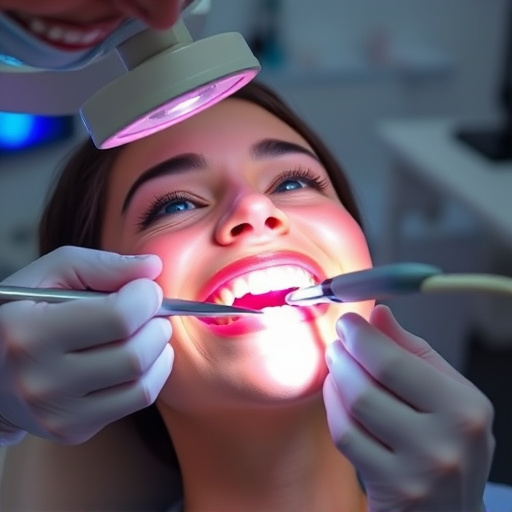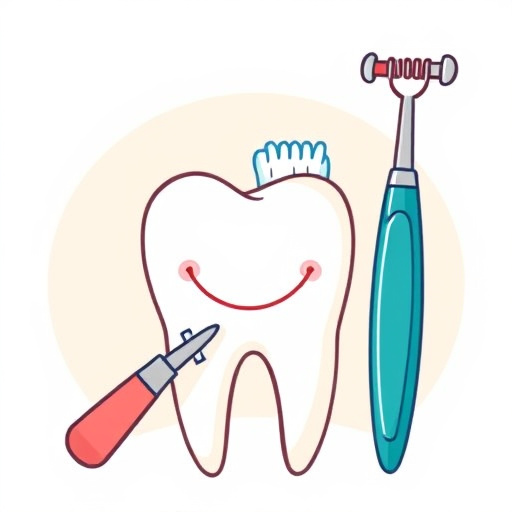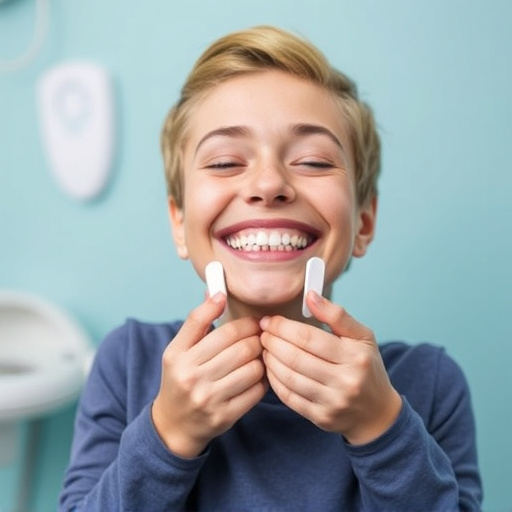Interactive oral hygiene education leverages virtual reality, games, and multimedia to simplify complex dental topics, enhancing understanding and retention for learners of all ages. Personalized learning addresses individual needs, increases engagement, and encourages active participation in oral health management, leading to improved adherence to techniques and better overall dental well-being.
“Revolutionize your approach to oral hygiene education with interactive strategies that ensure lasting impact. In today’s digital age, engaging learners through innovative tools is key to fostering lifelong healthy habits. This article explores effective methods beyond conventional techniques, focusing on personalized experiences. By integrating interactive elements, we can empower individuals to take control of their oral health, leading to better outcomes and a more knowledgeable, engaged community.”
- Engaging Strategies for Lifelong Learning
- Interactive Tools: Beyond Traditional Methods
- Personalized Education for Better Results
Engaging Strategies for Lifelong Learning

In today’s digital era, interactive oral hygiene education offers a dynamic and engaging approach to lifelong learning about dental health. Gone are the days of traditional, one-way lectures. Modern educational strategies, such as virtual reality simulations, interactive games, and multimedia presentations, not only capture attention but also foster deeper understanding and retention. These innovative tactics make complex topics like proper brushing techniques or the importance of regular check-ups more accessible and entertaining, ensuring that folks of all ages remember and apply what they learn.
Furthermore, incorporating real-life scenarios, such as demonstrating tooth extractions or explaining the process of repairing a damaged tooth with dental crowns, provides tangible examples that make abstract concepts more concrete. By using interactive tools and relatable content, oral hygiene education becomes an immersive experience that sticks with individuals long after the initial learning session ends. This longevity is crucial for promoting consistent oral care practices, ultimately contributing to better overall health outcomes.
Interactive Tools: Beyond Traditional Methods

In the realm of oral hygiene education, moving beyond traditional methods is a game-changer. Interactive tools and innovative techniques are revolutionizing how we learn and practice good dental care. These modern approaches make learning engaging, allowing individuals to actively participate in their oral health journey. By incorporating technology and interactive experiences, such as virtual simulations or augmented reality apps, teaching simple tasks like proper teeth cleaning techniques becomes more accessible and fun.
This shift empowers people to grasp complex concepts with ease, fostering a deeper understanding of their dental anatomy. Moreover, interactive platforms can provide real-time feedback, ensuring individuals learn the correct procedures, from brushing techniques to managing dental emergencies. Unlike static lectures or reading materials, these tools offer a dynamic learning environment that encourages practice and instant correction, making oral hygiene education stickier and more effective.
Personalized Education for Better Results

Personalized learning is a powerful tool when it comes to improving oral hygiene habits. By tailoring education to an individual’s unique needs and preferences, we can achieve better engagement and long-lasting results. This approach recognizes that each person has different circumstances and knowledge gaps regarding their dental care. For instance, someone undergoing wisdom tooth removal might require specific guidance on post-operative care compared to a patient considering clear aligners for straightening.
A customized education plan can address specific concerns, such as demystifying complex procedures like dental implants or managing orthodontic appliances. This level of personalization fosters a deeper understanding and encourages patients to actively participate in their oral health journey. As a result, they are more likely to remember and apply the learned techniques, leading to improved oral hygiene and overall dental well-being.
Interactive oral hygiene education that goes beyond conventional methods can significantly enhance lifelong learning. By incorporating personalized strategies and engaging tools, individuals can develop better oral health habits that stick with them. This approach not only improves overall dental wellness but also fosters a deeper understanding of the importance of daily care. Integrating these innovative techniques into dental practices ensures that folks of all ages embrace and maintain excellent oral hygiene for years to come.
